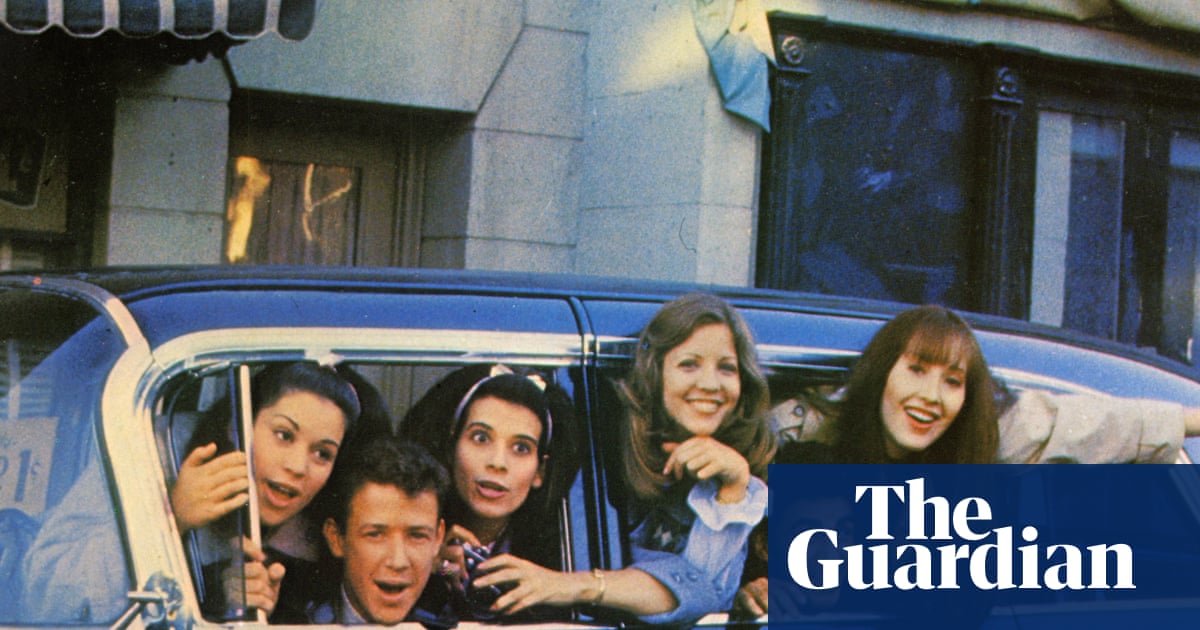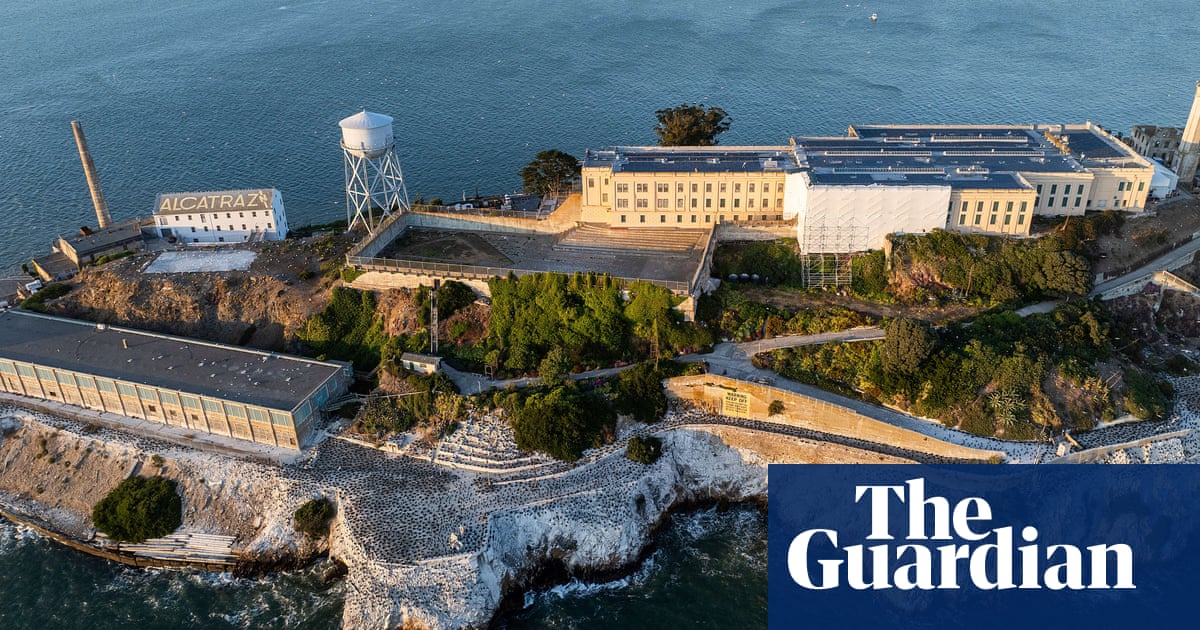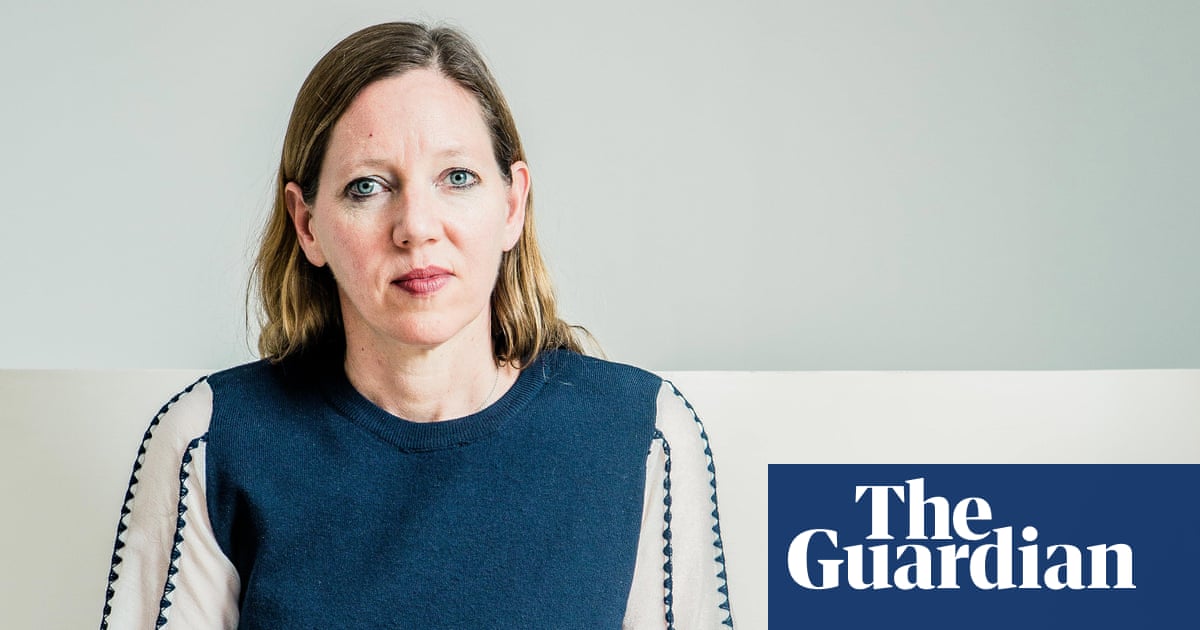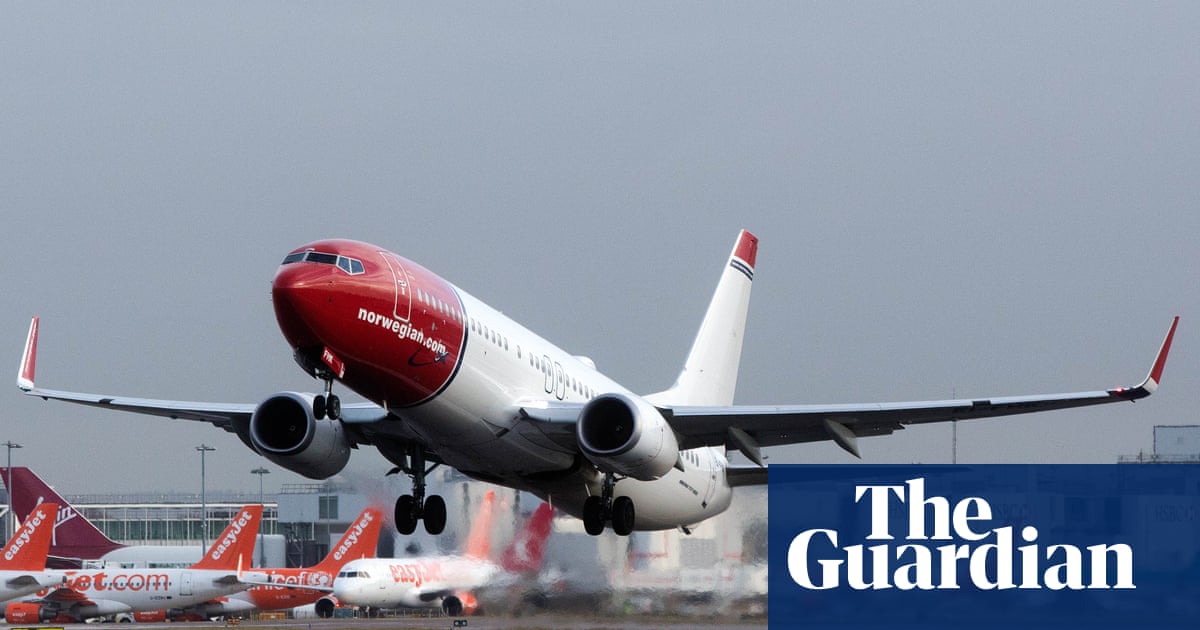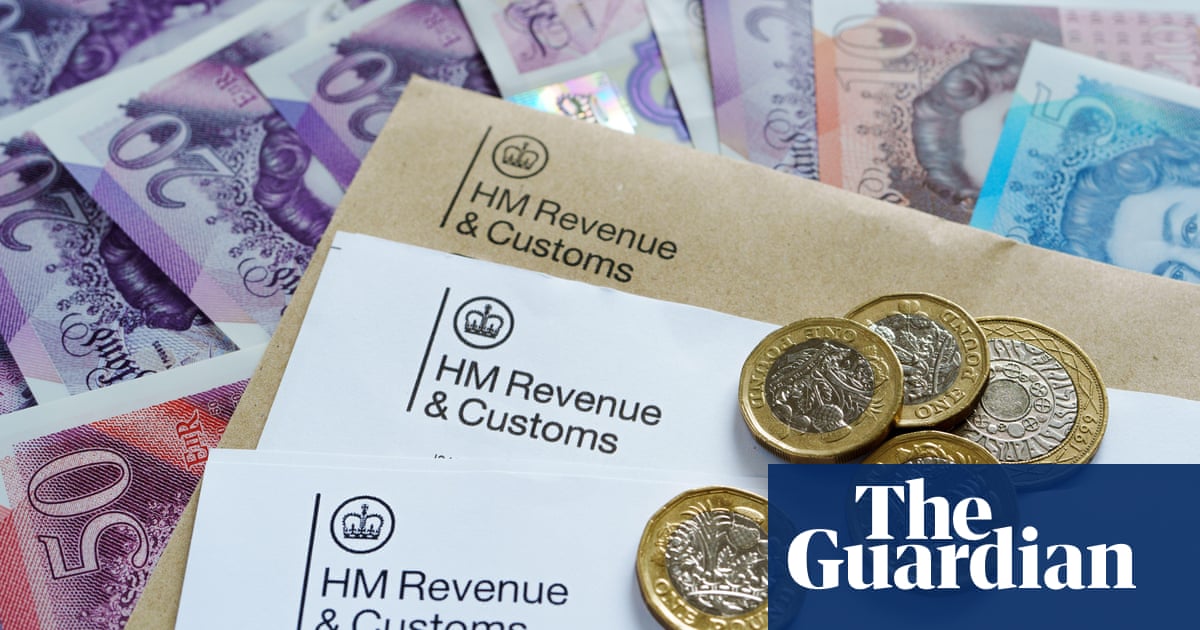The lead plaintiff in a lawsuit fighting Donald Trump’s order to dismantle Voice of America has said the media has to resist as the administration becomes increasingly aggressive against the press.
“I never in a million years thought I would have to fight for freedom of the press in the United States of America. And yet here we are,” says Patsy Widakuswara, the White House bureau chief for the broadcasting network. “As journalism is under attack, it feels empowering to fight back. We need more people to resist and fight back.”
Kicked out of press conferences on multiple continents for asking pointed questions, Widakuswara is not the type to balk at challenging powerful leaders. In her three decades as a journalist those instincts have served her well, and perhaps at no better time than now.
The White House reporter is now leading the charge to save VOA, which the US president has described as “anti-Trump” and “radical”. In March, Trump signed an executive order that effectively cut off its funding via its parent company, the US Agency for Global Media (USAGM).
Launched in 1942, initially to counter Nazi propaganda, VOA is a federally funded international broadcasting network, produced in dozens of languages that reach about 350 million people around the globe.

For decades it has been seen as a form of soft power, encapsulating the values of liberal America. But after Trump’s order its operations have been suspended, with virtually all of VOA’s staff of 1,300 placed on immediate administrative leave and about 600 contractors terminated.
The lawsuit filed by Widakuswara and several of her colleagues follows lawsuits the Trump administration has taken out against ABC News and CBS’s 60 Minutes in the US, and attempts to expel some press from the White House. Those backing the case argue that VOA has for decades provided an important source of objective information, especially in illiberal environments.
“These are not just women in Afghanistan or farmers in Africa,” said Widakuswara of VOA’s audience. “They’re also activists in Russia and decision makers all around the world who are also facing the onslaught of disinformation and propaganda from Russia, Iran, China, and extremist organisations like [Islamic State] and al-Qaida.”
At home having a quiet Saturday when she received the email about VOA’s demise, Widakuswara says to do nothing was inconceivable. In a matter of days she had rallied a team to fight against it, and by Friday morning had filed a lawsuit.
“It’s just the way I’m wired,” she says over the phone from Washington. “Congress gave us a mandate to tell America’s story to the world through factual, balanced and comprehensive reporting. If they want to change the size, structure or function of VOA, they can’t just shut us down. They must go through Congress. That’s the law.”

‘Holding autocratic governments to account’
Starting her career in Jakarta in the late 90s, just as Indonesia’s decades-long dictator Suharto was being toppled, the Indonesian-born journalist has seen first-hand the impacts of authoritarian regimes.
Widakuswara worked at a campus radio station, and later as a fixer for foreign journalists when they flooded in to cover the event, as mass student protests inundated the parliament building and forced Suharto to step down.
after newsletter promotion
“That was my first taste in media,” she says. “Holding autocratic governments to account.”
The experience led to a career in television, and a British Foreign and Commonwealth Office scholarship to obtain her master’s in journalism at Goldsmiths, University of London. After stints at the BBC and Channel 4, she was named VOA’s White House bureau chief in 2021.
Now, she finds herself pushing against fascistic tendencies in her adopted home. “I grew up in 80s Indonesia where there was no press freedom and newspapers had to be careful what they printed to avoid government closure,” she says. “Could the US backslide that far? Not if enough people resist, and that’s why I’m fighting back.”
Her lawsuit, backed by Reporters Without Borders and four unions, argues the Trump administration, through the actions of the defendants, USAGM, and the government’s special adviser Kari Lake, are attempting to unlawfully dismantle VOA’s operations because they deem it contrary to the government’s agenda.
Widakuswara argues that Trump’s executive order is a violation of press freedom, the first amendment, and laws to prevent executive overreach, with VOA funding approved by Congress, not the president.
Another motivating factor is to support her 47 colleagues at VOA on J-1 or journalist visas in the US, who could be sent back to countries such as Russia, Belarus, Vietnam and Myanmar which have previously jailed journalists.
Widakuswara’s efforts to save VOA appeared to score an early win, with a judge in April ordering the Trump administration to restore funding to VOA and other US-funded media. But the preliminary injunction was only a temporary measure.
On Saturday, just as VOA staff were preparing for a “phased return” to work, a court of appeals issued a stay on that ruling, saying the court did not have the authority to block Trump’s executive order regarding employment matters.
Keenly aware of the unfavourable political climate she is up against, Widakuswara says it is hard to know if their case will ultimately prevail, but the only choice is to try. “Even if it’s just like a 5% chance or even a 1% chance, that’s better than a 0% chance, which is what happens if we do nothing.”

.png) 6 hours ago
5
6 hours ago
5


